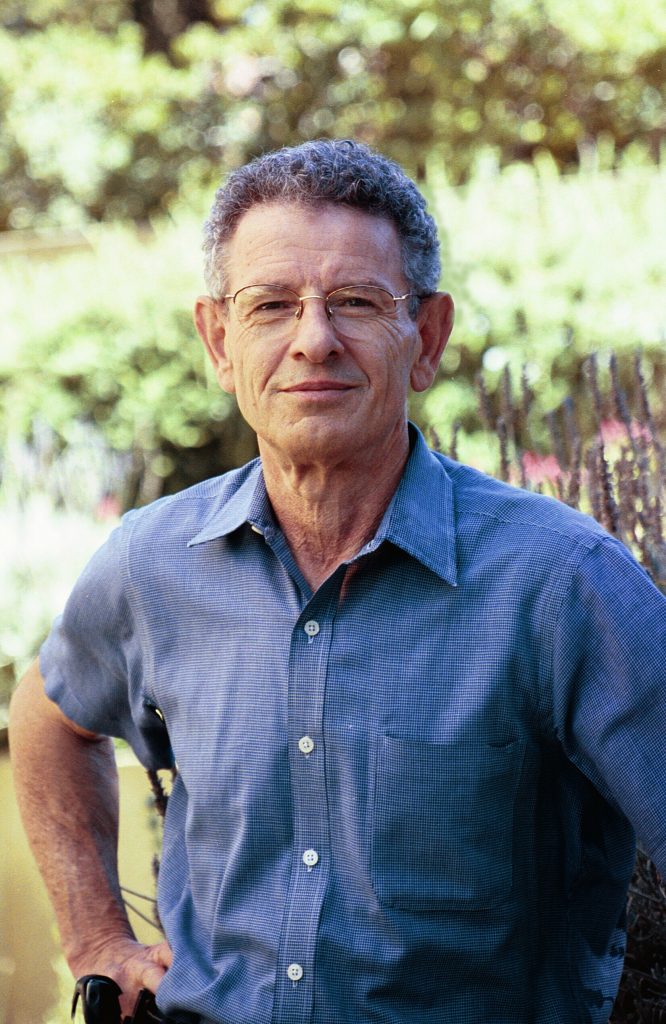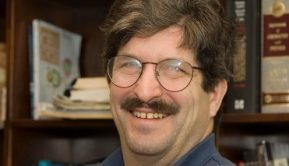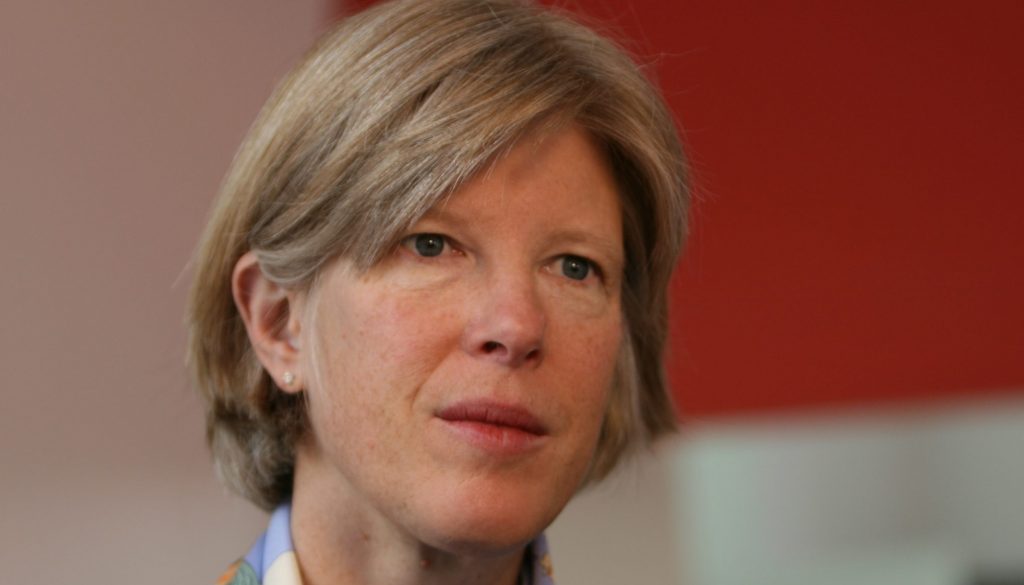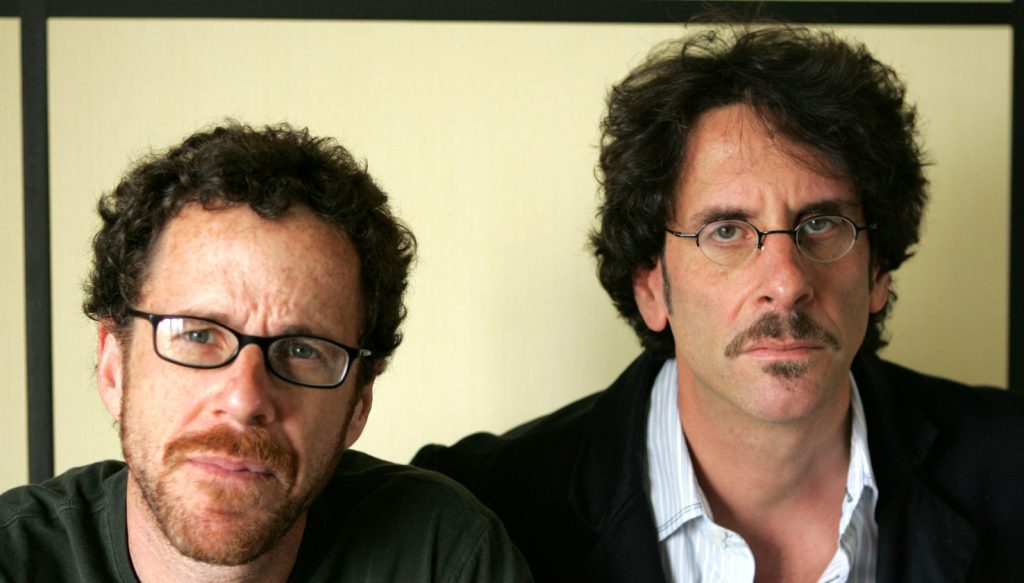Marcus Feldman

Marcus Feldman
Past: Evolution
Burnet C. and Mildred Finley Wohlford Professor of Biological Sciences, director of the Morrison Institute for Population and Resource Studies, and co-director of the Center for Computational, Evolutionary and Human Genomics (CEHG) at Stanford University.
Prof. Feldman has produced conceptual results of broad interest in the domain of animal and plant evolution. His work has led to highly focused insights of cultural significance such as the out-of-Africa model of human evolution, as well as cultural preferences in different civilizations. His work not only explores basic scientific topics, but investigates the societal consequences of the conclusions he draws in terms of models of evolution.
Prof. Feldman originated the quantitative theory of genetic modifiers of recombination, mutation, and dispersal. His work was the first to show that the pattern of interactions among genes determined whether sex would evolve.
Together with Italian geneticist Luigi Luca Cavalli-Sforza, he originated the quantitative theory of cultural evolution. The application of this theory to the culture of son preference in China, and his work on the significance of male/female birth ratio in that country, seems likely to have very important social management consequences, leading to attempts by the Chinese authorities to reduce this preference.
Prof. Feldman demonstrated that today’s worldwide pattern of genomic variation is largely due to the sequence of human migration over the 60,000 years since modern humans left Africa. His conclusion – that about 10 percent of genomic variation is between continents – has inspired much of the subsequent discussion on the meaning of race.
Prof. Feldman and collaborators originated “niche construction,” a generalization of evolutionary theory that stresses the feedbacks between organismic evolution and environmental dynamics, demonstrating via his model that phenotypes have a much more active role in evolution than previously thought. This has profoundly influenced subsequent work in evolutionary ecology.
Feldman’s findings have triggered the development of new scientific fields in both the humanities and life sciences. He sheds light on many key issues of evolution, including hominid evolution and the evolution of culture. Feldman has also done demographic work on trends important to humanity’s future.
Among Marcus Feldman’s honors are Elected Fellow, American Association for the Advancement of Science; Elected Member, American Academy of Arts and Sciences; Doctor Pholosophiae Honoris Causa, Hebrew University Jerusalem; Doctor Philosophiae Honoris Causa, Tel Aviv University; member of the editorial boards of various scientific journals; and a member of various international committees and foundations.


